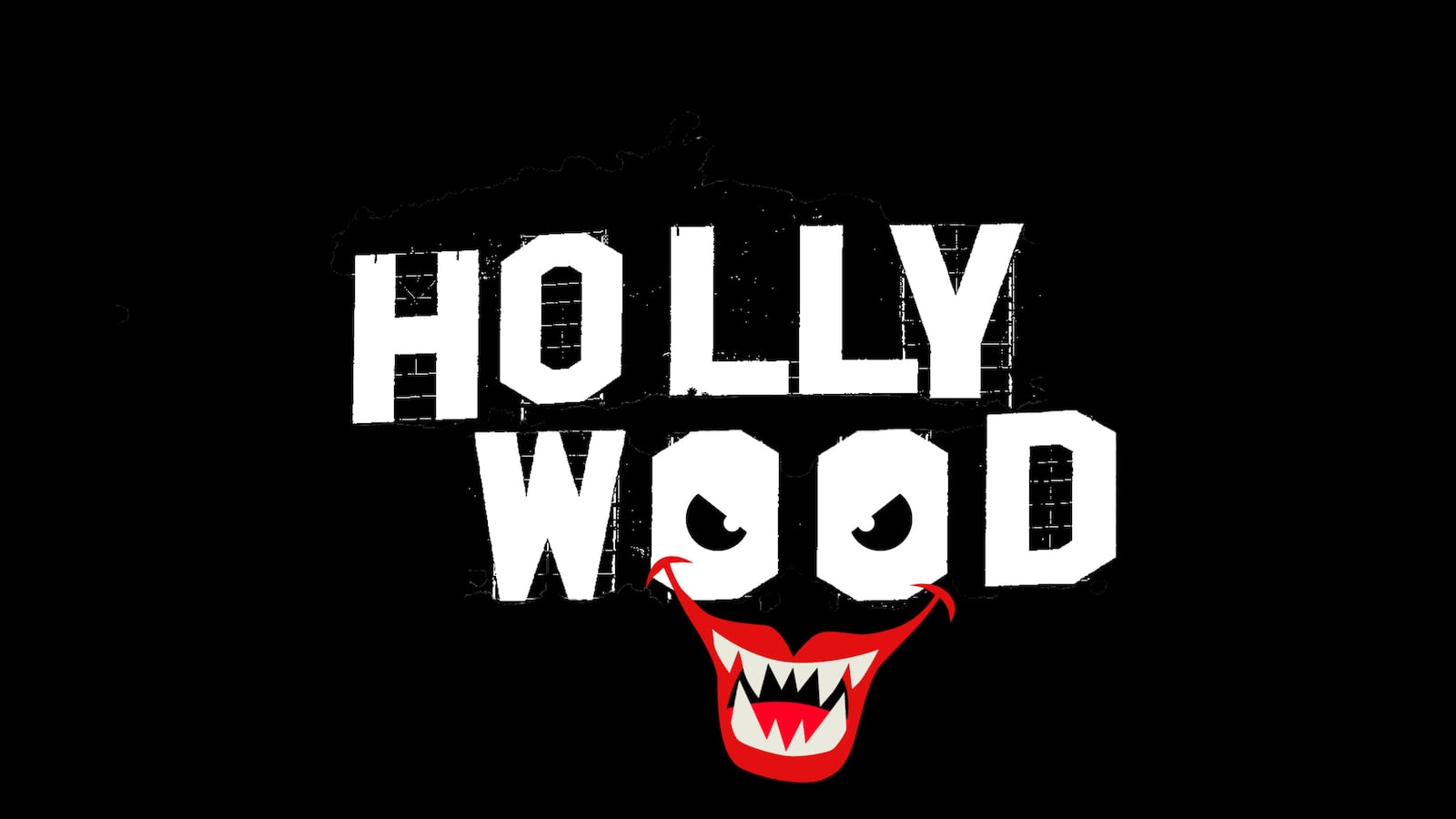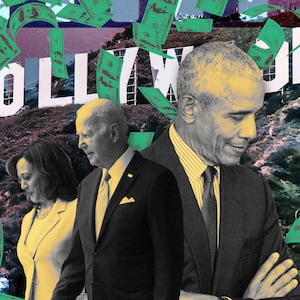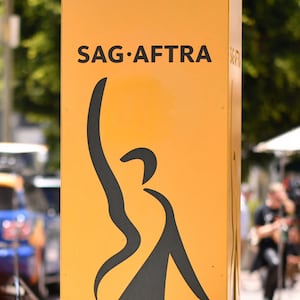On Friday, the 160,000 members of SAG-AFTRA, known commonly as the Screen Actors Guild, are set to halt work, after contract talks between the union’s negotiating committee and the Association of Motion Picture and Television Producers collapsed. At a press conference announcing the strike, union president Fran Drescher remarked:
“We are the victims here. We are being victimized by a very greedy entity. I am shocked by the way the people that we have been in business with are treating us. I cannot believe it, quite frankly, how far apart we are on so many things. How they plead poverty, that they’re losing money left and right, when giving hundreds of millions of dollars to their CEOs. It is disgusting. Shame on them. They stand on the wrong side of history at this very moment.”
She concluded her remarks by saying, “We are labor and we stand tall. We demand respect and to be honored for our contribution. You share the wealth because you cannot exist without us.”
The speech was a to-the-point, no-bullshit summation of the frustrations of her union, shared across social media and seen by millions.
That Drescher is a fearless, bold speaker is one thing that SAG has going for it in the battle for hearts and minds. Another thing SAG has going for it is the fact that the studio executives on the other side of their contract negotiations have not missed an opportunity to fumble the bag.
The Association of Motion Picture and Television Producers (AMPTP) also seems to have underestimated the creatives on which their business relies and overestimated their own prowess and magnetism. At best, the AMPTP seems to vastly miscalculate the tenacity of organized labor in entertainment. At worst, they seem cartoonishly evil, the kind of villains who would need to be rewritten in a script, on account of the fact that they’re too unlikable. One would think that people paid millions to run media companies would be better at media strategy.
SAG’s sister union, the Writers Guild of America, has been on strike since May, which means that as of Friday, Hollywood will experience its first “double strike” in generations. Members of both unions are barred from participating in any work related to screenwriting or acting while the strike is underway, which means that shows and films in production will grind to a halt, promotional and red-carpet activities will cease, and a jolt of new energy is about to galvanize picket lines outside major Hollywood studios just as Los Angeles is hit with its first heat wave of the summer.
The unions representing the writers and performers had similar asks in their respective contract negotiations. Both wanted their members to receive more substantial cuts of streaming revenue generated by content they came up with. Both wanted protections against their members being replaced by inferior but much cheaper artificial intelligence. Both unions have been able to effectively communicate to the public that they believe they are being exploited by corporate greed, and that they believe that these issues represent existential threats to creative fields as a whole.
Many Hollywood observers saw the writers’ strike coming, but fewer predicted that actors would join them. Most blindsided of all seem to be the movie executives, who apparently have no PR strategy at all beyond waiting until all of the union members starve to death so that they can emerge from their Brentwood bunkers into the writer and actor boneyard, finally free to produce their own attempt at The Next Yellowstone (Yosemite? Arches? Great Smoky Mountains?) starring an AI-generated Marlon Brando and Vivian Leigh and written by a chatbot that has been fed a bunch of Dallas scripts and Carrie Underwood lyrics.
I’m only slightly exaggerating. Earlier this week, for some reason, members of the AMPTP told a Deadline reporter that the movie executives’ plan in negotiations was to “let it bleed out” until “union members start losing their apartments and losing their houses.” Mass evictions were, in the words of an “insider,” “a cruel but necessary evil.” “The studios and streamers’ next think financially strapped writers would go to WGA leadership and demand they restart talks before what could be a very cold Christmas,” the article continues.
Their PR strategy is to… threaten to ruin Christmas? Who thought this was a good idea?
The Deadline article did not read like a hit piece. Deadline’s parent company is Penske Media Group, a powerful multimedia conglomerate, which would make the publication an easily accessible mouthpiece for industry bigwigs. Additionally, these awful anonymous studio executives weren’t participating in conversations overheard on the Acela; they were giving on the record (albeit anonymous) quotes to a journalist writing a piece on contentious labor negotiations. Some observers read the studios’ public declaration that their plan was to “be super evil” as a bargaining tactic. But in what world is threatening to make people homeless because they want to see more of the profits generated by material that they wrote something that will win anybody over? Who was this for?
If it was an attempt to scare the writers, it didn’t work. If it was an attempt to get SAG members to reconsider their 98 percent strike authorization vote, it didn’t work. Within 24 hours of the piece being published, Deadline added a quote from an AMPTP spokesperson clarifying that those evil executives did not speak for the organization and that actually the movie executives wanted to get the industry up and running again. The author of that quote was also granted anonymity by the Deadline writer.
What the AMPTP’s public relations missteps have done is highlight just how exploitative the current structure of the entertainment industry is to the people who create entertainment. It doesn’t take an insider to understand this. Did you know that Disney’s Bob Iger has a $27 million compensation package and writers on massive hit shows sometimes have to do things like drive Uber to make ends meet? I didn’t, until the AMPTP Streisand Effected their own personal wealth into headlines. Would Boston University students have known to boo the Warner Bros. Discovery CEO when he spoke at their commencement had he not been so unwilling to negotiate with the workers who generate his $39.3 million salary? Do AMPTP members honestly believe that if they wait long enough, writers and actors who can’t afford to buy a house in Los Angeles will stop being mad that the corny Wharton dipshit profiting off their labor has their own jet?
Creatives are not replaceable. There’s only one Fran Drescher. There’s only one Jesse Armstrong. There’s only one Quinta Brunson. After seeing in real time how inept entertainment executives are at managing their own images and coming up with a cohesive messaging strategy, it’s clear who could and perhaps should be done by robots. Imagine how much money studios could save if they removed but a single Zazlev from their balance sheet.
(Correction: An earlier version of this article incorrectly stated that Jay Penske is a member of the AMPTP. We regret the error.)






